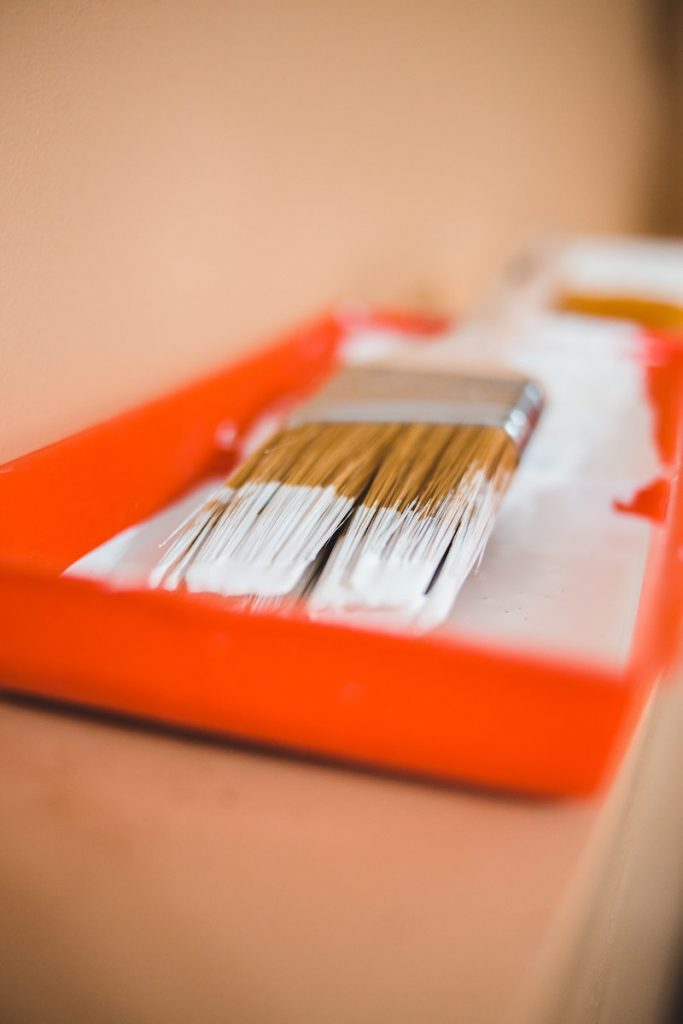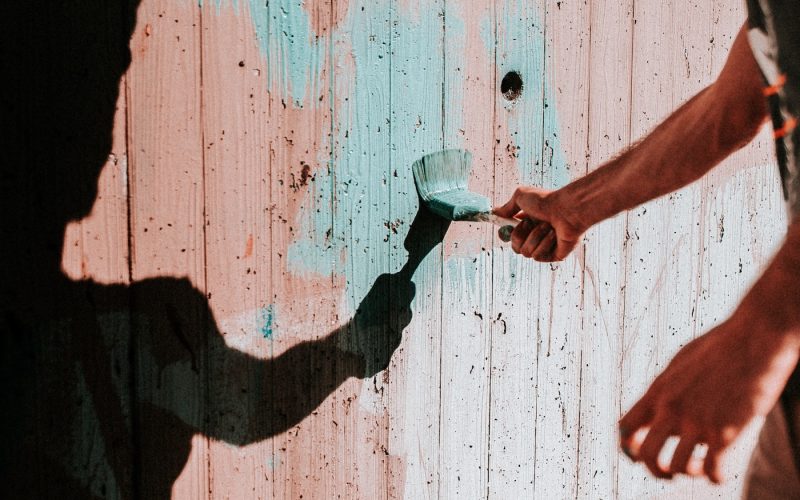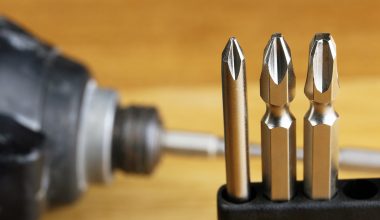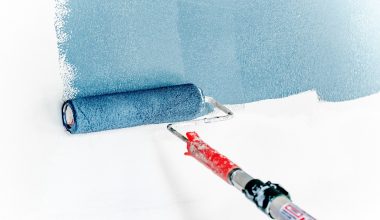Whatever you’re going to be doing with your paint, there’s no denying it can get messy. After spending all day painting you’d much rather sit on the couch to chill, as painting is a tiring task. However, before doing this, it’s important to clean your paint brush and sort your paint cans to make sure the painting task is truly finished.
The most important part of finishing any painting job is to clean the brushes so they won’t dry out. There is also the task of storing the paint correctly as well as disposing of it safely. Don’t worry, as this won’t take effort, it will just make sure you can easily continue painting whenever you want.
Paint Brush cleaning Guide
Cleaning and maintaining the brushes you have is a skill every DIY’er must-have. If not, you’ll only be able to use them once before having to buy more. Brushes easily dry out and become stiff and unusable, so need to be treated properly.
It’s also not just as easy as washing them, as different paints need to be cleaned in different ways. Prepare separate brushes for water or oil-based paint as they clean differently. Secondly, Invest in turpentine liquid or general mineral spirit, which can be bought at any hardware store. Here is the difference between cleaning oil and water-based paint:

Cleaning off Oil-based paint brushes
- Check the paint’s information for any info regarding specific cleaning products. If there is no specific requirement, place a small amount of solvent into a container.
- Dip brushes in, and cover all of the brush by applying pressure, as this will allow the solvent to get into the bristles.
- Rub off any excess paint onto newspaper or an unused surface, as oil paint sticks more to bristles than water-based.
- If possible repeat but with paint thinner, as this will maintain bristle and therefore brush quality.
- Leave hanging or on the side to dry.
Cleaning off Water based paints
- Fill a bucket or a tub with hot water and use a basic washing liquid or soap
- Dip the paint brushes in the bucket and rub them against the bottom to remove any paint in the bristles.
- Rinse under warm water and rub in a circular motion onto the spare, but clean, newspaper, or material to remove excess paint.
- Leave your clean paint brushes flat so they can dry.
Now that you know how to clean your paint brush, there’s a couple of tips worth remembering. Don’t store your brushes on their tips, as this can damage them. Also, it’s worth repeating the process if you notice any excess paint still there, as this can harden and ruin your brushes if not removed.
Storing paint
Paint isn’t difficult or problematic to store, but there are a few rules to follow:
- Store in a room which is dry and cool, ideally indoors in a garage or basement.
- Seal paint before storing to prevent drying out, which can be done using film on larger containers.
- Air can get into containers and spoil paint over time, so if there’s lots of empty space, transfer to a smaller container. This is also ideal for storing.
- Oil paint requires a warm and dry environment.
Disposing paint
As paint can have a harsh chemical nature, it’s important to dispose of it properly when you don’t need it. What’s great about paint is if it is stored properly, it lasts a long time and can be kept for use. It can also damage the environment if not disposed of properly.
However, you’re going to need to dispose of some at some point whether you run out or simply don’t need it, so here’s how to do it properly:
- Disposing of the paint: If there is only a big left in your container, simply brush it onto some spare card or paper and leave to dry out. If there is a lot left, leave the lid off and place some soil or sand in it to allow hardening. When this is done, remove the paint or spare card and place it in the trash.
- Disposing of containers: Metal paint tins can be recycled, so make sure you place it in the right bins. As for plastic containers, these can be brought to a local waste or recycling site, or simply put in a plastic recycling box. Don’t just put these containers in the trash.
Tips and Tricks When painting
Now you should feel confident in beginning your painting job, as well as being able to sort out cleaning your paint brushes and storing the cans. Before moving on, just keep in mind a few things:
- Paint is expensive, so before you dispose of any healthy paint, see if anybody in your block needs any. You never know, someone might need exactly what you’re putting in the trash.
- If you need to remove paint from anything then suitable detergents can be found depending on your paint, but to remove it from surfaces, a bit of vegetable oil softens paint enough to be scraped away-allowing you to remove a fair amount without detergents.
- Don’t store heavy tubs of paint on a light shelf-easy mistake to make







1 comment
Excellent, I will ensure to clean my brushes from now on.